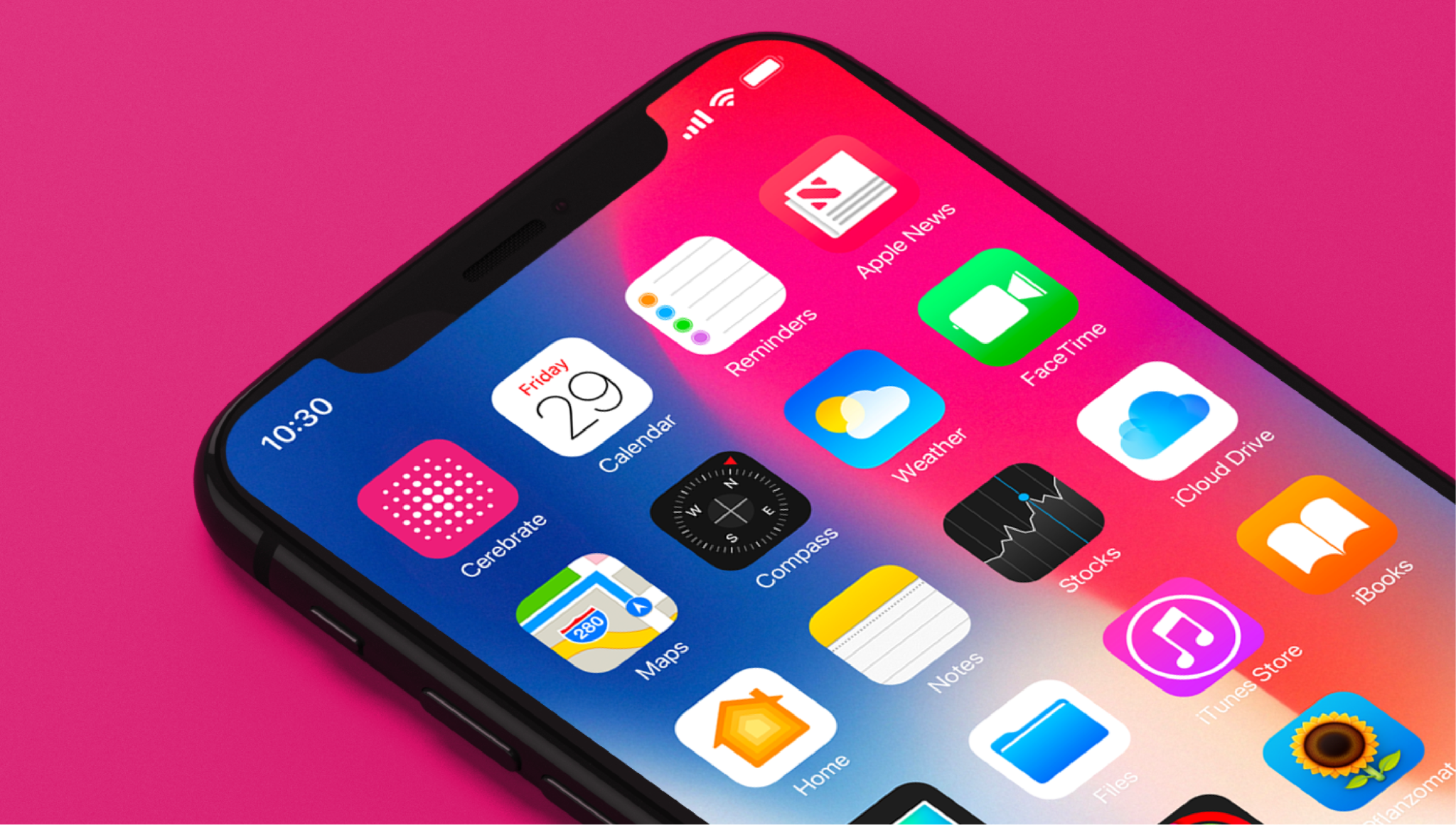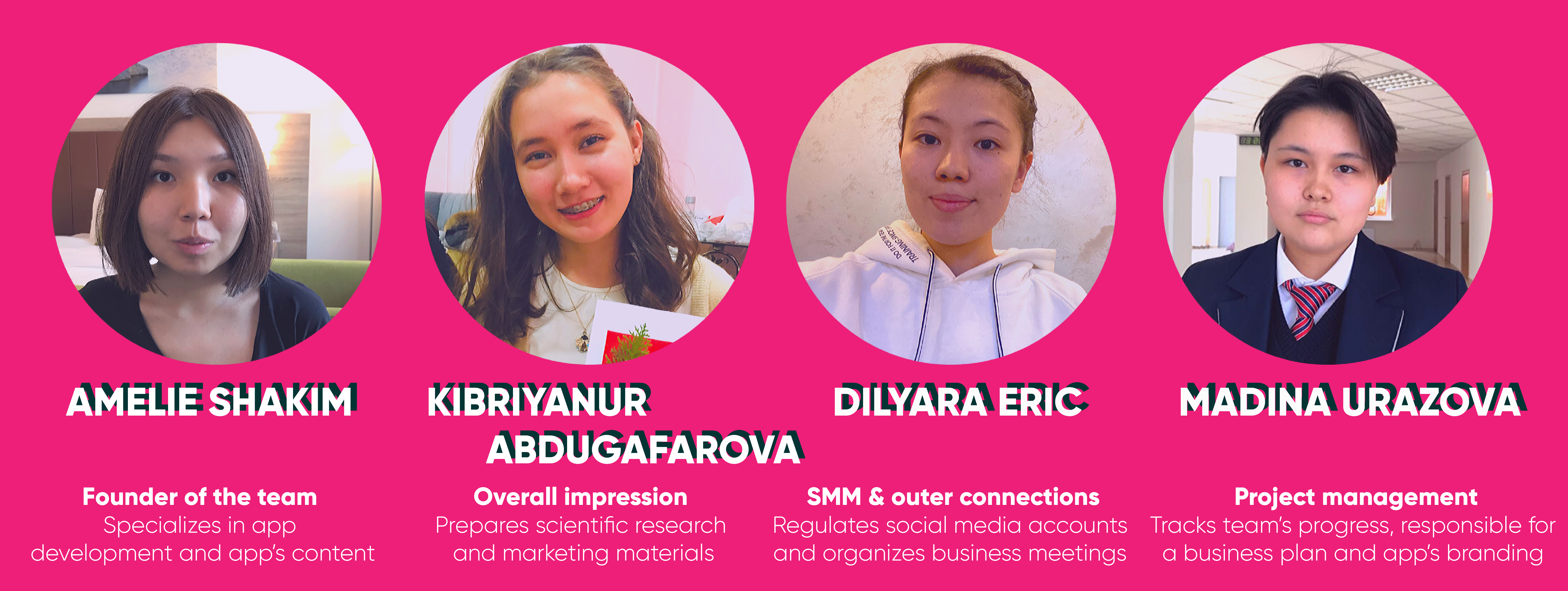NUR-SULTAN – A team of Kazakh school students took home the Regional Winner in Asia title awarded by Technovation Girls 2020 for developing the Cerebrate brain training app that uses augmented reality to establish doctor-patient communication.

Photo credit: The Cerebrate team archive.
Technovation Girls is a social-impact coding competition for girls in the age range from 10 to 18. The Cerebrate team represented Kazakhstan among participants from 62 countries. The app advanced to the top ten list in a pool of more than 1,500 mobile apps that addressed challenges ranging from climate change, access to healthcare in refugee camps, and the COVID-19 pandemic.
According to the World Health Organization, 15 million people annually suffer stroke-related diseases worldwide. Of these, five million cases are lethal, while another five million suffer from a permanent disability as a result. The app helps people who experienced a stroke to recover their cognitive skills with puzzles and games that train learning, memory, and social abilities.
The team came up with the name Cerebrate merging the words cerebrum (as in cerebral cortex) and celebrate. This is, they celebrate the achievements of people who struggled through a stroke.
The Cerebrate team consists of four talented girls: app developer Ameli Shakim, project manager Madina Urazova, scientific and marketing researcher Kibriyanur Abdugafarova, and SMM and outer connection specialist Dilyara Eric. Each girl on her own boasts many international and national level trophies on their shelves. Guided by their Technovation mentor and L’Oréal Brand Manager Dina Kizirova, the girls have proven themselves that they can achieve even more together.

The Cerebrate team members. Photo credit: The Cerebrate team archive.
“Our win in Technovation shows that one can learn during the creation process. Our skills before and after Technovation are levels apart,” said Cerebrate Project Manager Madina Urazova in an interview to this story.
The young women had to quickly adapt to the many obstacles on their way to develop their project such as preparations for university entrance exams and the side effects of the pandemic, said Urazova.
“Before the lockdown, we were meeting each other once a week. During the lockdown, we could not meet at all, and we had to search for new ways of management so that every member’s opinion was heard. I think it proved to us that we can achieve our goals in any conditions,” she explained.
The team plans to continue pursuing their Social Impact Award incubation program and plan to further develop their skills through university programs.
“We are trying to combine preparing for university with skills that we will need for the app. For example, Kibriyanur and I are studying in a data science course. This will help us in both our future [careers] and in application personalization,” Urazova said.
The Cerebrate team calls for all school girls interested in business and technology to take part in such competitions regardless of results because it is a great chance to “gain priceless experience and professional skills.”
In addition to this, Urazova stresses the importance of pushing a progressive agenda for Kazakh girls and pushing back against traditionally-minded Kazakh school teachers who try to “verbally limit girls’ interest in technology.”
“Although we have equal rights, the girls, especially in primary school, will be told [basic stereotypes from teachers] such as, for example ‘boys are better in math.’ In this contest girls can participate independently (without the support of a school teacher). It is a good starting point for pursuing a career in the IT business, girls will see how the process works from the inside,” she advised.
